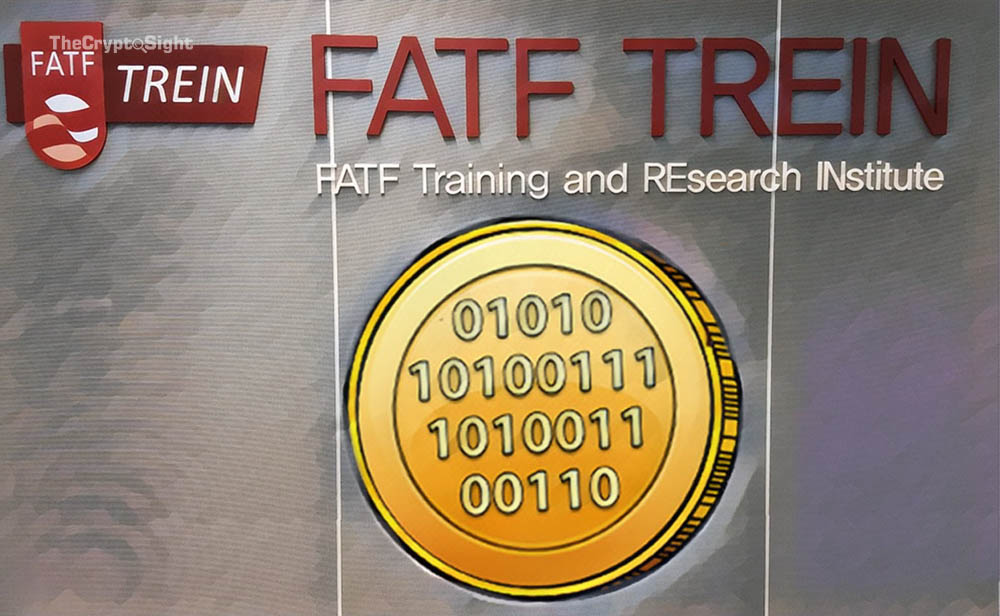
In response to recommendations by the Financial Action Task Force (FATF) meant to mitigate criminal risks linked to the use of virtual assets, blockchain analysis firm Chainalysis sent it a letter (April 8) as public feedback, arguing that some of them are not feasible given the nature of blockchain and the crypto industry.
In February, FATF had proposed more detailed guidelines for tackling money laundering and terrorism financing, for which it publicly sought opinion and comment on from private sector entities and other experts.
In its letter to FATF, Chainalysis questions FATF’s definition of Virtual Asset Security Providers (VASPs) as money service businesses, and seemingly regardless of their business models. Chainalysis said that while some VASPs operate like money services businesses, others resemble broker-dealers. Some VASPs specialize in transmitting value person to person, while many more operate like asset traders.
Another area Chainalysis disagrees with has to do with FATF proposing for VASPs to report identifying information of transfer senders and receivers to authorities. Chainalysis argues that not all VASPs have identifying information on the ultimate beneficiaries, which is not due to a lack of controls, but rather the nature of their businesses. It reasons that much of virtual asset activity is speculative rather than involved in money transmission, and the confidentiality of the party behind trades is essential for market stability.
Chainalysis further argues that should FATF implements such regulations, VASPs will find themselves in an extremely difficult position, so much so that they may shut down from not being able to keep up with compliance. This, in turn, will drive demand to more decentralized exchanges, and make policing tougher, not easier, for authorities.
As alternatives, Chainalysis suggests that VASPs be regulated and registered at the appropriate authority, obliged to identify their customers and maintain records on cryptocurrency transfers similar to domestic payment systems. Originator VASPs should screen destinations for known illicit activity using an automated monitoring system, and manage a customer due diligence. Beneficiary VASPs should understand the source of funds when possible using an automated monitoring system. In addition, private individuals, whether originator or beneficiary, should not be expected to register or be licensed unless their transfers are for business purposes.
In the meantime, FATF has been kept up the pressure on countries it feels are making insufficient progress in anti-money laundering (AML) efforts, and blocking terrorist financing. Pakistan, for example, announced earlier this month new regulations for Electronic Money Institutions (EMIs) in response to FATF, reported by The Crypto Sight.

Comments